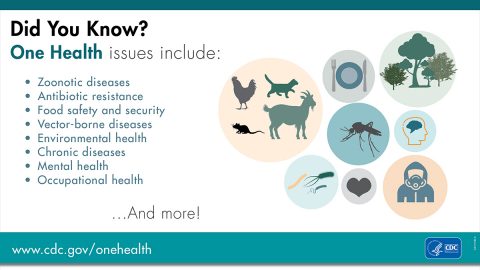Depending on the animal's age and overall health, medical issues may differ. The most frequent problems that animals suffer from include:
Heart Disease. Heart failure in animals, especially those older, can result in reduced cardiac performance. Endocrine disorders: Hormonal imbalances could cause animals to become unwell.
DiabetesThe disease Diabetes is a severe condition that is found in both animals and humans. Treatment involves insulin therapy, changes to diet and diet changes.
Renal (Kidney Disease) Kidney disease may be prevalent in cats and dogs who are older. It could require medical attention and diet modifications.
Bladder and Urinary Tract Problems - Conditions such as urinary tract infection, bladder stones and urinary incontinence may affect animals.
Allergies. Animals can have allergies to food or environmental factors, as well as contact allergies that can cause digestive and skin issues.
Behavioral Issues: Behavioral issues, like aggression or anxiety can affect the health of your pet, and could require the intervention of a vet.
Wounds and injuriesThe result of fights, accidents, or falls can result in injuries, fractures and soft tissue injuries that require medical attention.It's important to note the importance of early detection and prevention. is crucial for maintaining the well-being and health of animals. A balanced diet, regular veterinary visits, vaccinations, parasite prevention, and routine examinations can help avoid common medical issues. Additionally, if your pet shows signs of discomfort or sickness, you should seek immediate medical attention. Take a look at the Best pet digestive support supplements for more info.

What Are The Most Potent Supplements, Probiotics, Or Vitamins For Cats And Dogs?
Your dog's needs, as well as any advice from a veterinarian will guide your selection of probiotics, supplements and vitamins. It is essential to provide your dog a healthy and balanced diet. However, certain dogs may benefit from supplements. These are some of the most popular supplements that dogs can take and the benefits they bring.
Antioxidants- Antioxidants such as vitamin C and vitamin E can help protect your dog's cells from oxidative stress and strengthen their immune system. Calcium as well as Vitamin D - These vitamins are essential for maintaining strong teeth and bone, especially for dogs and puppies that are growing.
Fiber Supplements. For dogs with digestive issues, such as constipation and diarrhea fiber supplements that are soluble can aid in regulating bowel movements.
Green-Lipped mussel extract - This supplement is high in omega-3 fatty acids and can be used to lessen joint pain in dogs suffering from arthritis.
Coenzyme Q10 (CoQ10) is an antioxidant which may promote heart health, and the production of energy in cells.
Milk Thistle. This herb supports liver health in dogs, particularly those who suffer from liver disease or taking liver-affecting medications.
It's essential to talk your vet before giving your dog any supplements because they will be able to offer advice tailored to your dog's specific requirements and circumstances. The dosage may differ based on the dog's age, size and overall health. Supplementation that is excessively high in calories can be harmful. It's also important to select supplements from reputable manufacturers. If you observe any unusual reactions or symptoms seek out your veterinarian right away. A well-balanced and veterinarian-recommended diet is typically the best way to meet your dog's nutritional needs, and supplements should only be used when necessary and under professional guidance. The very best of the most pet herbal supplements for kittens for website info.

What Is The Prevalence Of Skin Allergies, Yeast Infections And Kidney Failure Among Dogs? What Are The Treatment Options?
The incidence of allergies to skin, yeast infections, as well as kidney diseases in dogs differs based on the breed and health, as well as age etc. This article offers a summary of the diseases that can be found in dogs, their prevalence, and the possible treatment options.
Skin Allergies: Prevalence. Skin allergies impact a significant proportion of dog populations. Allergies are caused by number of triggers such as food and environmental factors like dust mites or pollen, and also contact allergies.
Symptoms can include itching or redness on the skin. Other symptoms may be hair loss, ear infections or hot spots.
Treatment- The management of skin allergies typically involves identifying and limiting exposure to allergens. Treatment options include antihistamines hypoallergenic diets and corticosteroids and medications like cyclosporine. As a long-term remedy, allergy shots and allergy testing can be considered.
It is crucial to be aware because these ailments may affect some dogs but not all. Furthermore, the frequency of them can differ between dogs and breeds. Regular veterinary check-ups and a balanced diet and preventive steps (such as flea control and proper hygiene) will help to reduce the risk of these conditions. It's important to consult an veterinary specialist if you think that your pet is suffering from a medical condition like yeast infections, skin allergy or kidney issues. This will assist in determining the exact diagnosis and customize a treatment strategy. The earlier intervention is crucial to ensuring your pet's wellbeing and overall quality of life. The best of the top pet herb blends for site advice.
